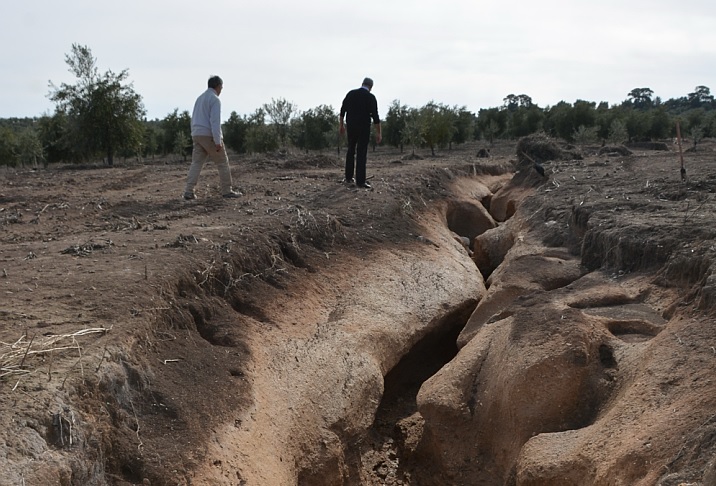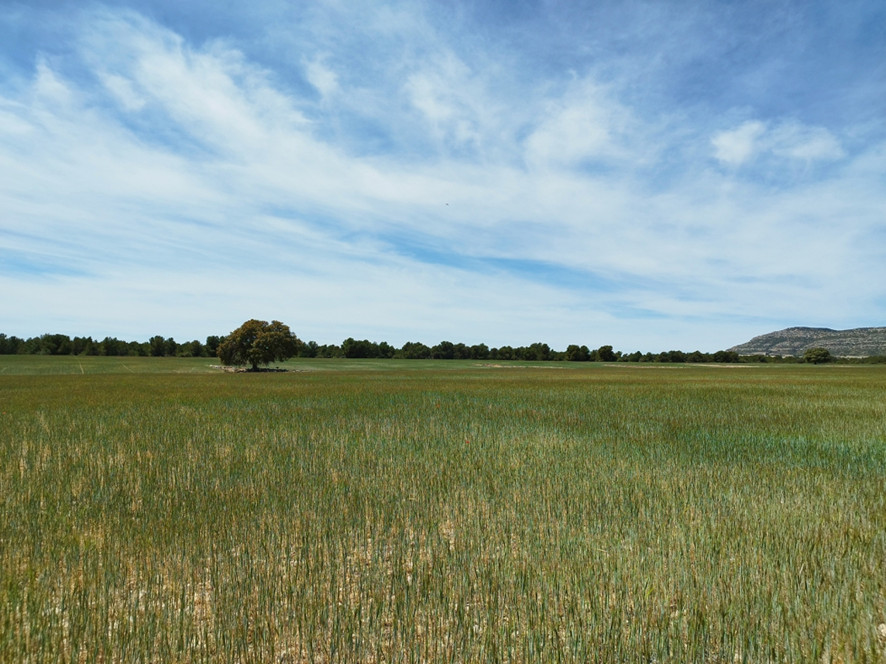New European soil thematic strategy

Meeting with the Senate Committee on Agriculture, Fisheries and Food in the framework of the Governance actions of the LIFE Agromitiga project
2021-03-13
On May the 4th, the on-line Debate Conference about the LIFE AGROMITIGA project to learn how to improve agricultural sustainability just before the new CAP
2021-04-30New European soil thematic strategy
During the publication of the EU's biodiversity strategy for 2030, the European Commission has announced the update of the EU Soil Thematic Strategy, which dates from 2006.
Various studies by the European Environment Agency conclude that the lack of a coherent global policy framework to protect soil constitutes a deficiency that reduces the effectiveness of existing incentives and measures and that may limit Europe's ability to achieve future objectives. Thus, a new policy framework is necessary to adapt the 2006 EU Soil Thematic Strategy to the current political context and the existing knowledge.
Therefore, the EU Biodiversity Strategy for 2030 highlights that it is essential to intensify efforts to protect fertility, reduce erosion and increase soil organic matter, by promoting sustainable soil management practices and actions to restore degraded soils. Besides that, and to accelerate the transition towards sustainable soil management system, it is proposed to ensure sufficient EU funding for this purpose, as well as the development of knowledge and research.
The strategy will combine, complement and guide action in the different policy areas that affect and depend on soil (such as pollution prevention, agriculture, research) and guide the application of sustainable soil and territory management practices. Furthermore, the Strategy will be complementary to other European initiatives such as the European Green Deal, the next Zero Pollution Action Plan, the EU's biodiversity strategy for 2030 and the “Farm to Fork” Strategy.
The first step for the preparation of this strategy has already been taken and has been based on a public consultation carried out for 13 weeks in autumn 2020. In addition, from October 2020 until the beginning of spring 2021, a series of specific discussions has been organized in groups and committees made up of experts from the EU Member States and the member countries of the European Environment Agency to define the key elements of this initiative.
The LIFE Agromitiga project (Development of climate change mitigation strategies through agriculture which makes good use of carbon) which, coordinated by the Spanish Association for Conservation Agriculture - Living Soils (AEAC.SV), in collaboration with ASAJA-Sevilla, clearly bets on the protection of agricultural soils. From 2019 to the end of 2022, the project has been promoting sustainable agricultural concepts and practices applicable both at the local and European level, through the development of tools and actions that enhance the mitigating capacity of the soil as a carbon sink.
This post is also available in: Español (Spanish)




